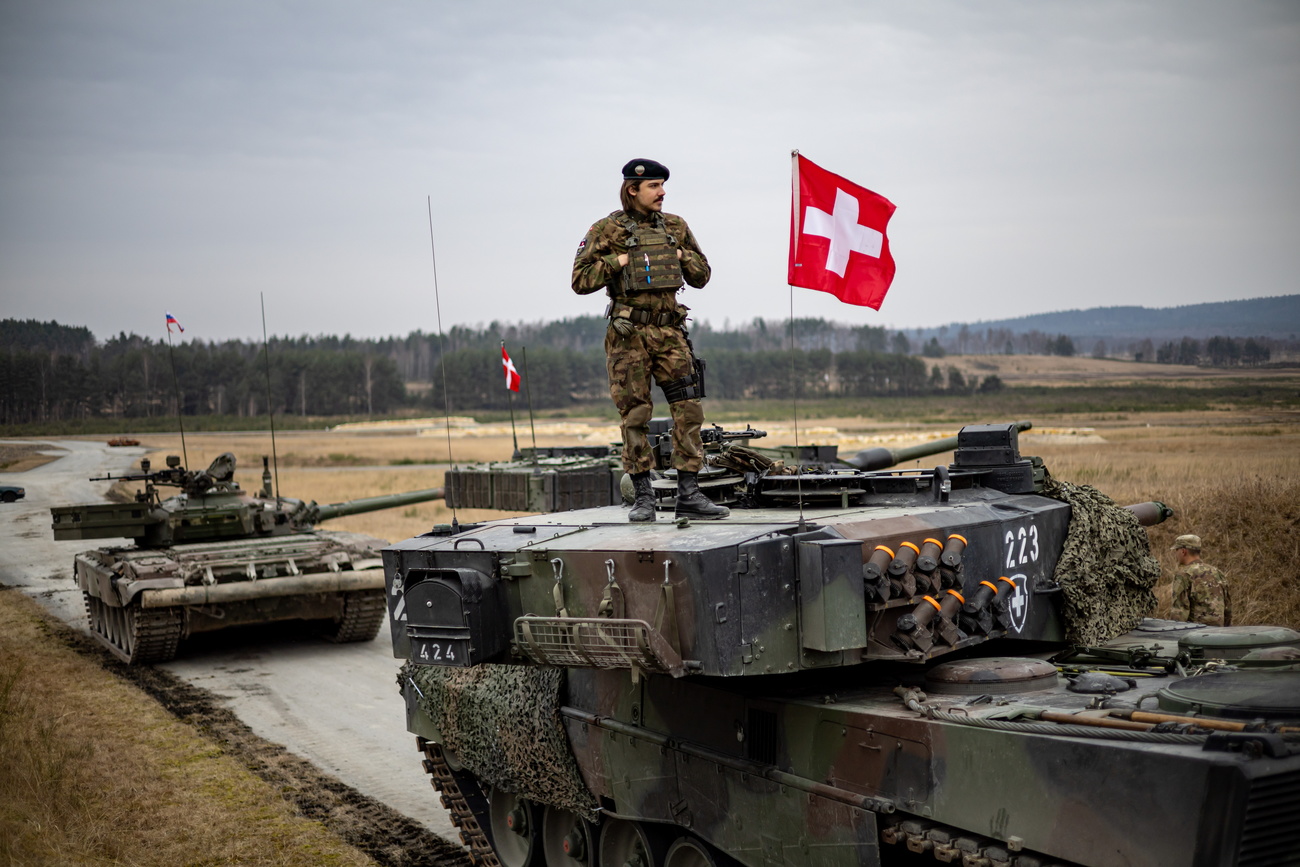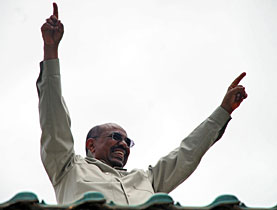Congo atrocities test UN human rights body

The serious human rights abuses in eastern Democratic Republic of Congo (DRC) are a credibility test for the United Nations Human Rights Council, say activists.
Diplomats at the Geneva-based council on Friday held an emergency meeting to examine allegations of mass killings, rape and torture committed by DRC government soldiers and rebels, as described in a new UN report.
The report, published last week by the office of UN Secretary-General Ban Ki-moon, said members of the Congolese army and national police, “were responsible for a large number of serious human rights violations … namely arbitrary executions, rape, torture and cruel, inhuman and degrading treatment”.
It stated that Congolese Tutsi General Laurent Nkunda’s Congrès national pour la défense du peuple (CNDP), other rebel groups and Rwandan militia accused of taking part in Rwanda’s 1994 genocide had, “perpetrated serious human rights abuses with impunity”.
The UN report, which covers conditions between July and November, said that the crisis in North Kivu had “entered a critical phase” and, if allowed to fester, would deepen ethnic conflicts in the region.
In the current climate, the possibility of massacres of civilians cannot be ruled out, it declared.
“Unfortunately there is a major risk of inter-communal violence,” Bob Kabamba, professor at Belgium’s Liège University and Congo specialist, told swissinfo. “Groups will form together and want to start attacking other communities and this action will result in reprisals.”
The details of mass killings and rapes emerged as Human Rights Watch released a separate report estimating that as many as 500 political opponents of President Joseph Kabila’s government had been murdered since 2006. It described the human rights situation in the DRC as “a cause for grave concern” despite a current lull in fighting.
Aid agencies say up to 250,000 people have been forced to flee their homes in the past few months in the east for crowded and unsanitary refugee camps, falling prey to the DRC’s army, rebel groups and other militias.
The Kinshasa authorities do not grasp the seriousness of what is going on, said Kabamba.
“An unprecedented humanitarian catastrophe is taking place in the east but there are no central government officials there helping the province deal with the crisis,” he said.
Speedy response
The Geneva meeting was called mainly at the request of European and Latin American states following a request from 50 activist groups, including Amnesty International and Human Rights Watch, for the 47-nation council to take action over the Congo crisis.
French Mission spokesman Gael Morand said European countries had gathered the necessary 16 signatures from council members late on Tuesday to call an urgent session of the council within 48 hours.
In total, the request was signed by 39 states, including Argentina, Canada, Japan, Mexico, Switzerland and Ukraine.
“Switzerland is associated with this call for a special session as we feel the violations in the region are particularly serious and require a speedy response,” Swiss human rights diplomat Muriel Berset told a UN meeting on Wednesday.
“We need to bring on board all countries, especially those from the region… as the council will be judged on its capacity to react to human rights violations in eastern DRC.”
Credible consensus?
African countries were noticeably absent from discussions earlier in the week and on Friday.
But according to the representative of the African regional group, Deputy Representative of the Egyptian Mission, Ihab Gamaleldin, the group is keen to dispel misconceptions and to “reach consensus” on the situation.
“The African group has never been against holding a special session on the DRC,” said Gamaleldin on Thursday. A high-level DRC government representative was unable to attend on Friday after failing to obtain a visa in time.
“This is a very important signal,” said Berset, echoing many other states.
War crimes and crimes against humanity committed in eastern RDC were strongly denounced by the UN on Friday, and a further decision by the council delayed until Monday.
“We received many allegations of executions as well as extrajudicial killings and massacres of civilians. Those allegations must be investigated thoroughly and the perpetrators brought to justice,” said Philip Alson, special rapporteur on the executions.
The drafts presented by the EU and African groups were examined with the aim of agreeing on a joint text for discussion.
The main proposals of the EU text included a strong message of condemnation of violations, commitment to fight impunity and support for international and regional peace efforts and stronger investigative mechanisms. It also called for special rapporteurs on torture and extrajudicial executions to join a panel which will report back to the council in March 2009.
“The situation in North Kivu is a matter of serious concern,” said French diplomat Daniel Vosgien, representing the EU group. “The credibility of the council is at stake.”
Julie de Rivero, the Geneva director of Human Rights Watch, said that she would like to see the Human Rights Council make a difference.
“I think its credibility is very much at stake as this is a very clear-cut case of gross and systematic human rights violations on an enormous scale,” she said.
“The council needs to send a strong message to all the warring parties that there are consequences for their acts and that these violations constitute war crimes for which they can be made accountable.”
swissinfo, Simon Bradley in Geneva
The 47-nation Human Rights Council, created in 2006 to replace the widely discredited UN Human Rights Commission, has previously held special sessions on reported abuses in Myanmar, Sudan’s Darfur region, and the Palestinian territories, as well as the impact of rising food prices on the world’s poorest people.
Over the past two years the Council has abolished the posts of several location-specific special rapporteurs, including those in Belarus, Cuba and Sudan’s Darfur region.
Several human rights groups are calling for the re-establishment of the Council’s independent monitoring post for Congo, which was eliminated with the support of Egypt, Algeria, Tunisia, Russia and other countries after the administration of President Joseph Kabila argued there was no need for it.
The unrest in eastern DRC has been fuelled by festering hatreds left over from the 1994 Rwandan genocide, in which half a million Tutsis were slaughtered. More than a million Hutu extremists fled to the DRC where they regrouped in a militia that helps fuel the continuing conflict.
But ethnic tension is just one driving factor. According to the British non-governmental organisation Global Witness, the trade in cassiterite (tin ore), gold and coltan from North and South Kivu has underpinned the war since 1998 and remains “one of the central motives of the warring parties”.
Laurent Nkunda, an ethnic Tutsi and former general, quit the army several years ago, claiming the government of President Joseph Kabila was not doing enough to protect minority Tutsis from the Hutu extremists.
Nkunda’s month-long campaign against chaotic government forces in the eastern province of North Kivu has displaced 250,000 people and prompted the UN Security Council to send 3,000 more troops to its biggest peace force.
On Tuesday the DRC government ruled out direct talks with the Tutsi rebel leader, saying any meeting was “impossible” outside the framework of a January peace deal the rebels have already rejected.
Earlier UN mediator Olusegun Obasanjo, a former Nigerian president, had urged Kabila to talk to Nkunda, whom Obasanjo met on November 16. Obasanjo said the rebel leader had presented three main demands: direct talks with the government, protection of minorities, and integration of his soldiers and administrators in rebel-held areas into the Congolese army and government.
Nkunda’s men withdrew from some frontline positions last week but still hold land seized in fighting. A shaky ceasefire appears to be holding as Obasanjo tries to arrange peace talks.

In compliance with the JTI standards
More: SWI swissinfo.ch certified by the Journalism Trust Initiative











You can find an overview of ongoing debates with our journalists here . Please join us!
If you want to start a conversation about a topic raised in this article or want to report factual errors, email us at english@swissinfo.ch.